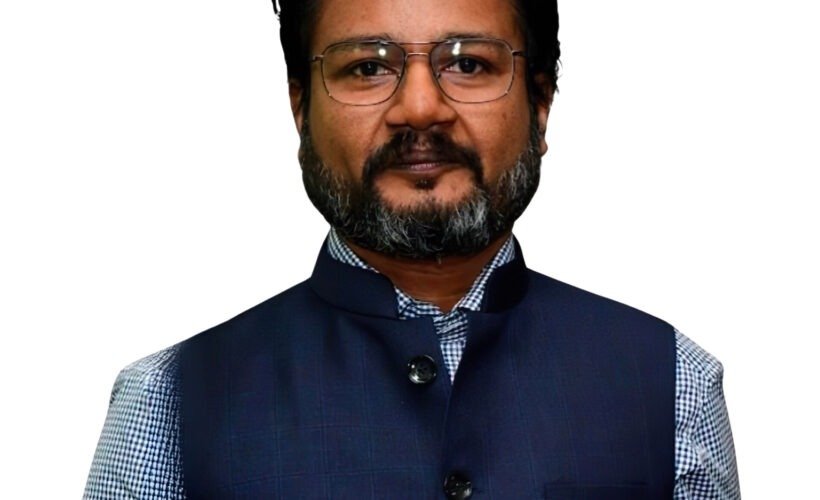
D. S. Prashant elaborates on the potential of AI in various economic sectors in Goa and its social impact
The future of businesses is going to be impacted by technology including emerging technologies like AI, web3, 5G and more. To accelerate AI efforts by businesses, it is essential to forge strategic partnerships and alliances with technology companies and innovative startups and various stakeholders.

Collaborating with tech companies specialising in AI can provide businesses with access to resources, expertise, and technology infrastructure necessary for AI development and deployment. Partnering with academic institutions can facilitate knowledge exchange, talent development, and research collaborations in AI.
Engaging with industry associations and government agencies can provide businesses with networking opportunities, regulatory support, and access to new age technologies.
Additionally, partnering with incubators and accelerators can provide businesses access to startups that can provide tailored support and access to technologies and resources to accelerate specific growth and development in businesses.
Overall, forging collaborative partnerships across the ecosystem can create a vibrant AI innovation ecosystem encouraging growth and innovation in Goa.
The introduction of AI technology in Goa is expected to bring about significant changes in various aspects of society; To begin with, AI has the potential to revolutionise industries such as healthcare, agriculture, tourism, and education, leading to improved efficiency, productivity, and quality of services.
For instance, AI-driven healthcare solutions could enhance diagnostic accuracy and personalised treatment, while AI-powered agricultural systems could optimise crop management and resource utilisation.
Similarly, AI applications in tourism could offer personalised recommendations and immersive experiences for visitors, boosting the tourism sector’s competitiveness. Additionally, AI-enabled educational tools could provide personalised learning experiences and bridge gaps in access to quality education.
In conjunction with these opportunities, many are concerned about the social impact of AI in Goa; majorly, the potential displacement of jobs due to automation, particularly in sectors with routine tasks susceptible to automation.
This could lead to economic disruptions and exacerbate inequalities, particularly for vulnerable populations with limited access to education and training opportunities.
Moreover, there are ethical and privacy concerns related to the use of AI, such as algorithmic bias, data privacy violations, and surveillance issues.
To avoid these challenges, the government will ensure policies and regulations that warrant responsible AI development and deployment, fostering inclusive growth and safeguarding the rights and well-being of Goa’s residents.
Collaborative efforts involving the government, industry, academia, and civil society are essential to navigating the complex social implications of AI and harnessing its transformative potential for the benefit of Goa’s society as a whole.
Plausible solutions entail raising public awareness and providing education on AI technology.
Ethical guidelines must be developed and implemented to ensure fair and responsible AI development and deployment.
Community engagement is crucial, involving local stakeholders in decision-making processes and addressing bias and discrimination in AI systems.
Strengthening data privacy and security regulations is crucial, along with conducting impact assessments to evaluate AI’s effects on local communities.
Promoting inclusive AI development processes that reflect the needs of diverse stakeholders is also key. By implementing these strategies, Goa can ensure that AI innovations contribute positively to the well-being of its residents.
The writer is CEO of the Startup and IT Promotion Cell in the Department of Information Technology, Electronics and Communications of Goa. Email: dsprashantgoa@gmail.com





